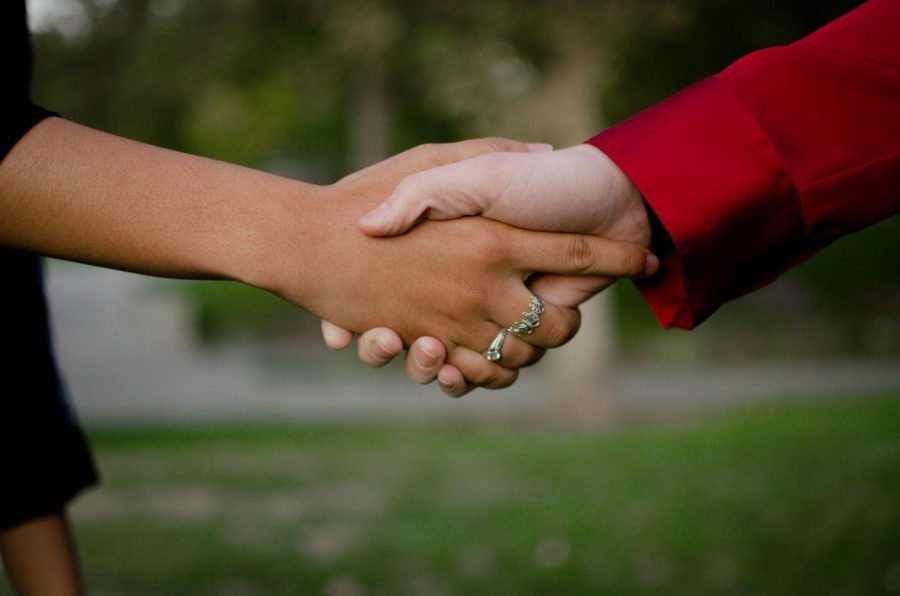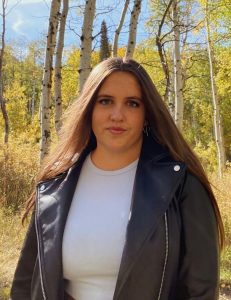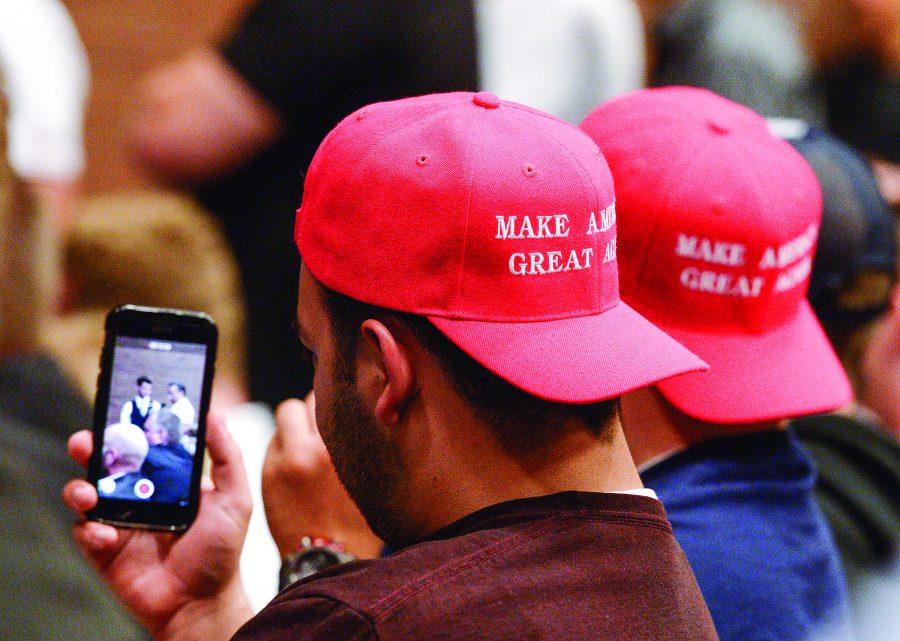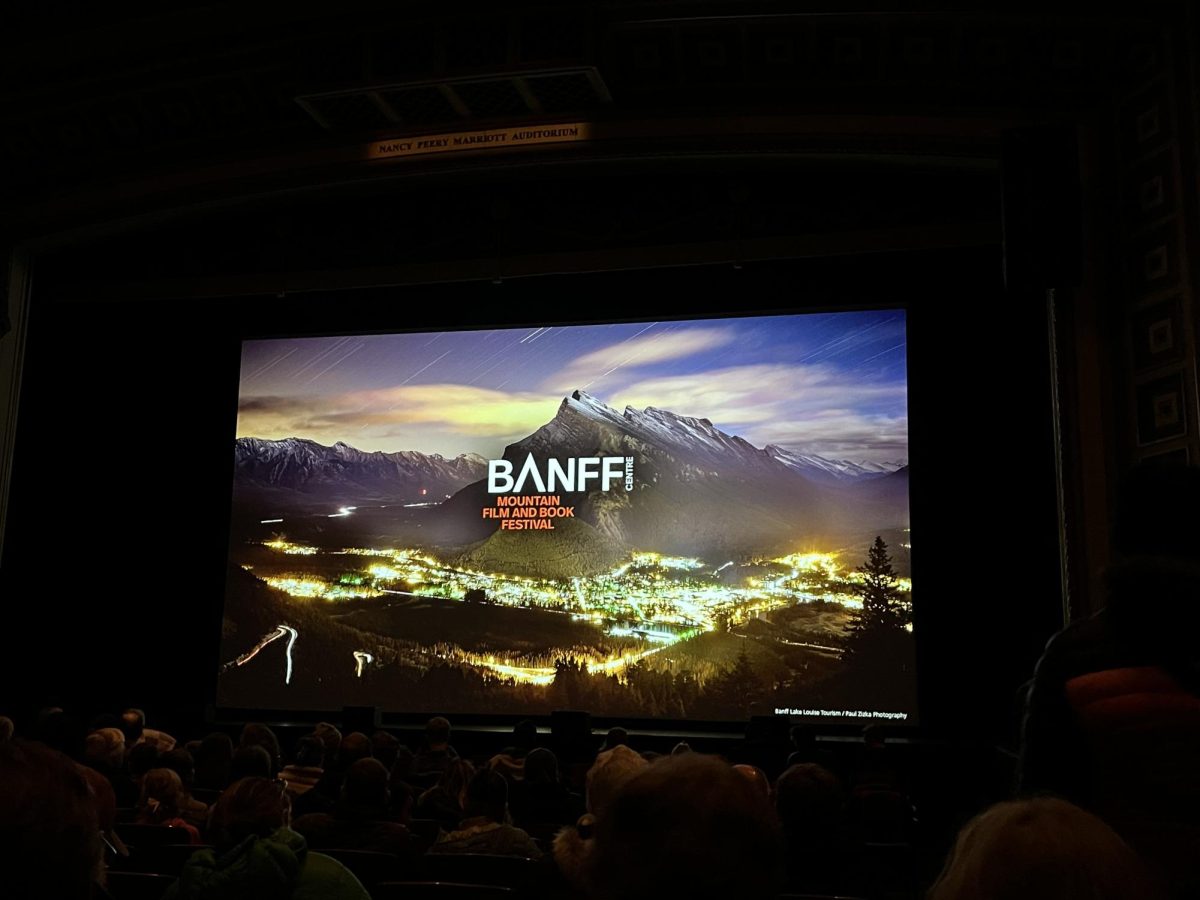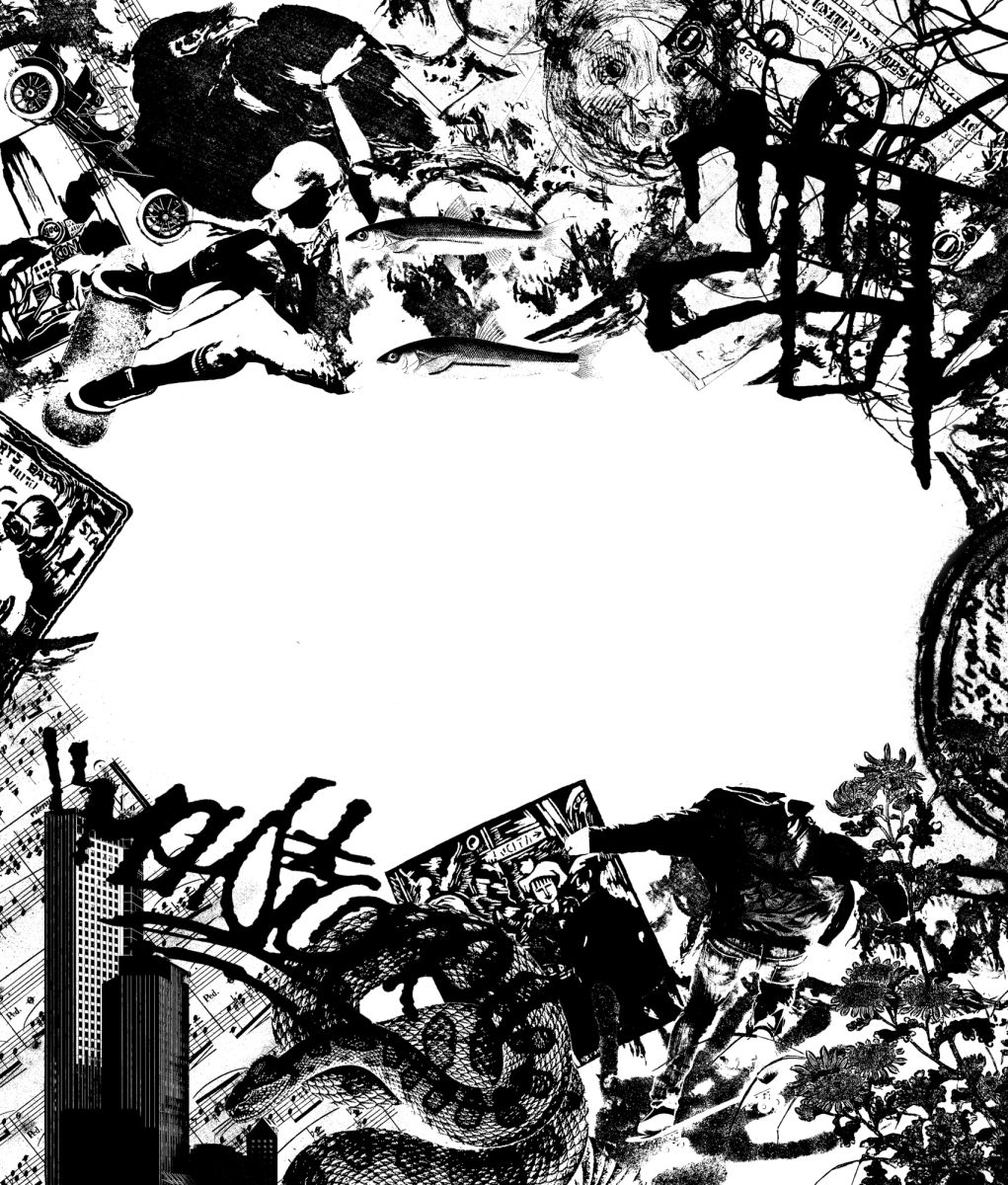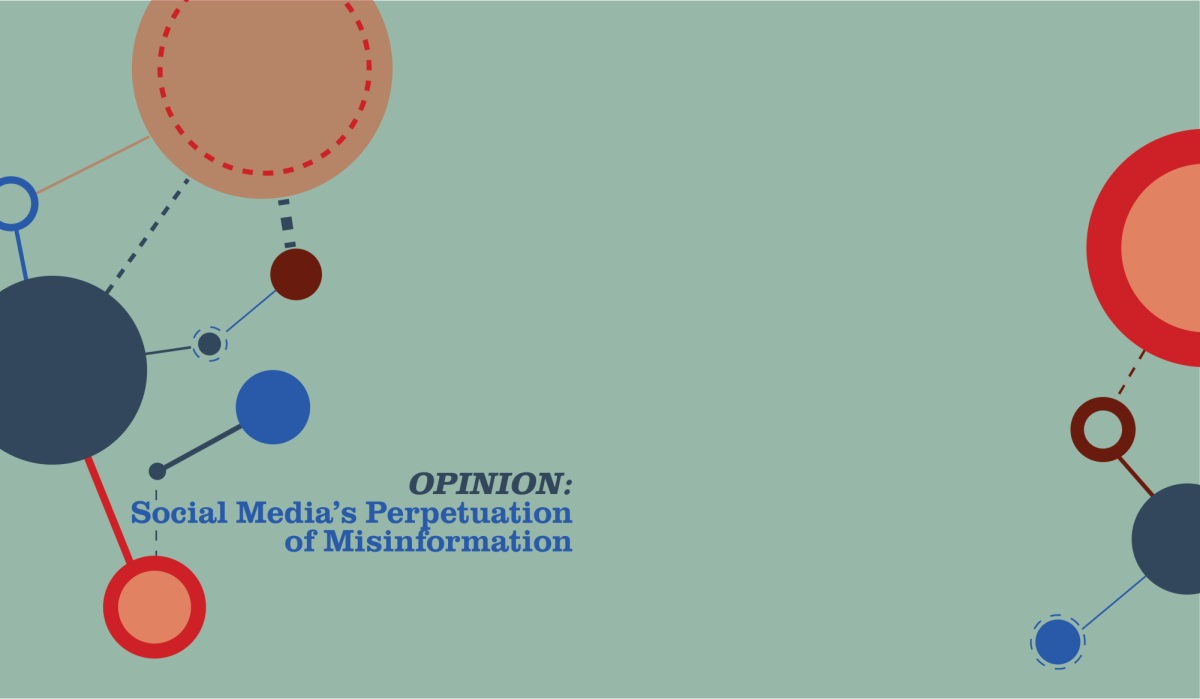U Professors and Students Discuss Maintaining Relationships in Politically Divided Times
Friends come together in spite of the world’s current events on campus in Salt Lake City. (Photo by Maya Fraser | The Daily Utah Chronicle)
February 12, 2021
A Pew Research Center study done in 2020 showed that around four-in-ten voters don’t have a close friend who supported a different presidential candidate than them. Less than a quarter of voters had more than a few friends who supported an opposing candidate.
Edmund Fong, an associate professor of political science and ethnic studies, said the political divide has increased in the U.S. over the past couple of decades.
“I think this is something we all, at least anecdotally, sort of see around us, that we are living in heavily partisan times with pretty severe divisiveness. And I think it’s been widely shown that political partisanship has increased over the past couple of decades,” Fong said.
Fong said he believes politics have the ability to damage personal relationships, especially when there are heightened partisan differences.
“Politics often are about the most fundamental matters… And so it can really sort of affect our day to day interactions with people,” Fong said.“I don’t think it’s desirable to completely divorce politics from personal relationships, especially when they do involve really deep-seated matters.”
Natalie Gochnour, associate dean in the David Eccles School of Business and co-host of the radio show “Both Sides of the Aisle”, shared the first step in having political conversations with friends and family and finding common ground is respect.
“No matter what someone’s viewpoint [is], it comes from a life experience… And so when you respect someone, you’re basically saying ‘I respect the experiences you’ve had that have brought you to the point of views you have,’” Gochnour said.
Anthony Scoma, U alumni and producer of “Both Sides of the Aisle”, said it can be frustrating to have conversations with loved ones regarding politics. While these conversations may be difficult, Scoma believes these conversations with family members were valuable in understanding their perspective.
Additionally, Scoma said politics can have an emotional aspect, and these conversations should be productive.
“It has to come from a place where you’re actually trying to solve something,” Scoma said. “It’s just to be the one who has the right opinion or even just to make the other person look stupid. It’s never going to work.”
In regards to political division, Gochnour believes social media has played a role in causing these divisions.
“You have so much selection of what you see and do [on social media],” Gochnour said. “And as you do that, it tends to reinforce positions. And then that reinforcement can make things less balanced… and it’s in that extreme viewpoint that things get more personal.”
Fong said because users can select what they see on social media and who they act with, political differences are exacerbated.
“We don’t have that civic engagement with people who are different where we would be forced to try to find some sort of common ground or forced to tamp down our more partisan beliefs,” Fong said. “So it is a big problem how the media trend in recent years really does kind of exacerbate partisan divides, even among our personal relationships.”
Scoma believes social media to be a complicated platform to have political discussions.
“[Social media] is simultaneously extremely impersonal because you usually don’t know the people that you’re actually [engaging] with on the internet, but also feels hyper-personal because they’re your thoughts and they’re attacking you,” Scoma said.
Scoma continued and said the rise of misinformation also complicates the issue.
“People are working with a different set of facts. So that leads to just rampant miscommunication talking over each other,” he said.
He believes that more responsible journalism is also needed.
Gochnour said citizens are responsible for seeking trusted sources of information and news to help heal the political divide.
“By the same token, I think that the media has a civic responsibility to be trusted,” she said.


